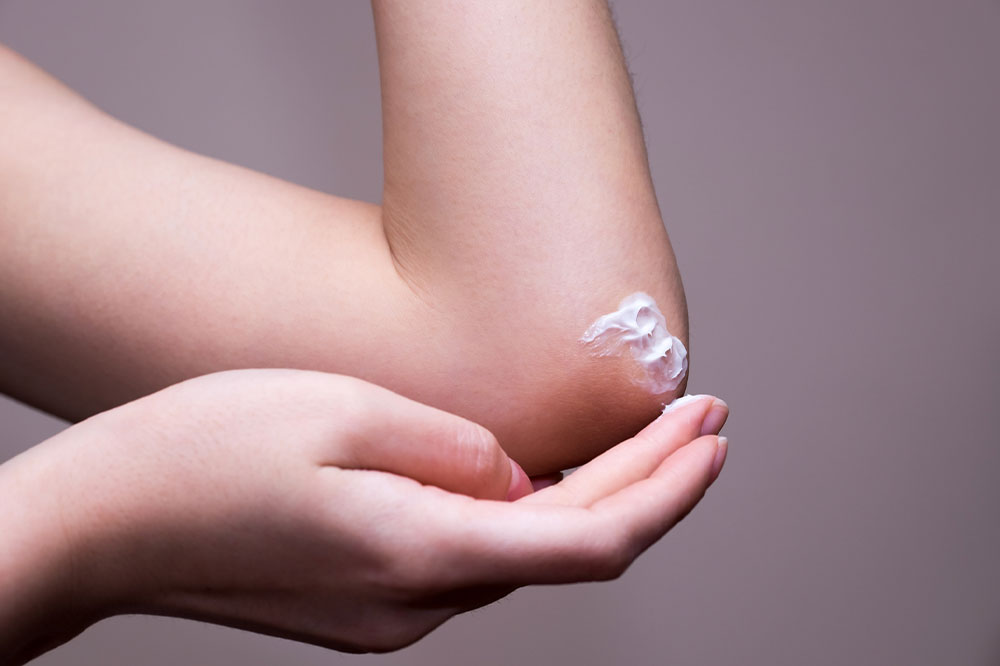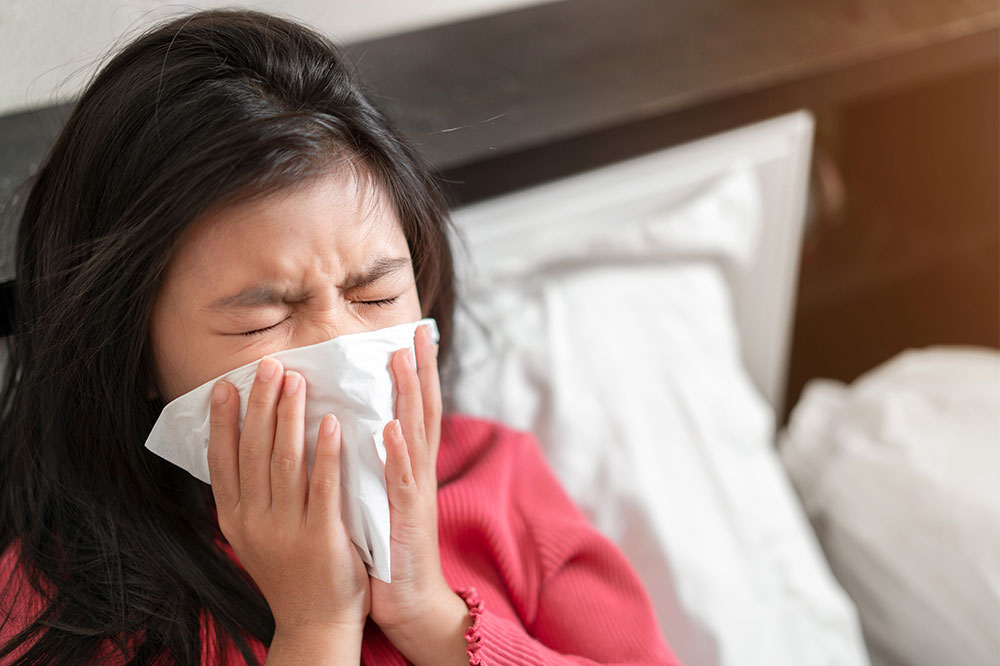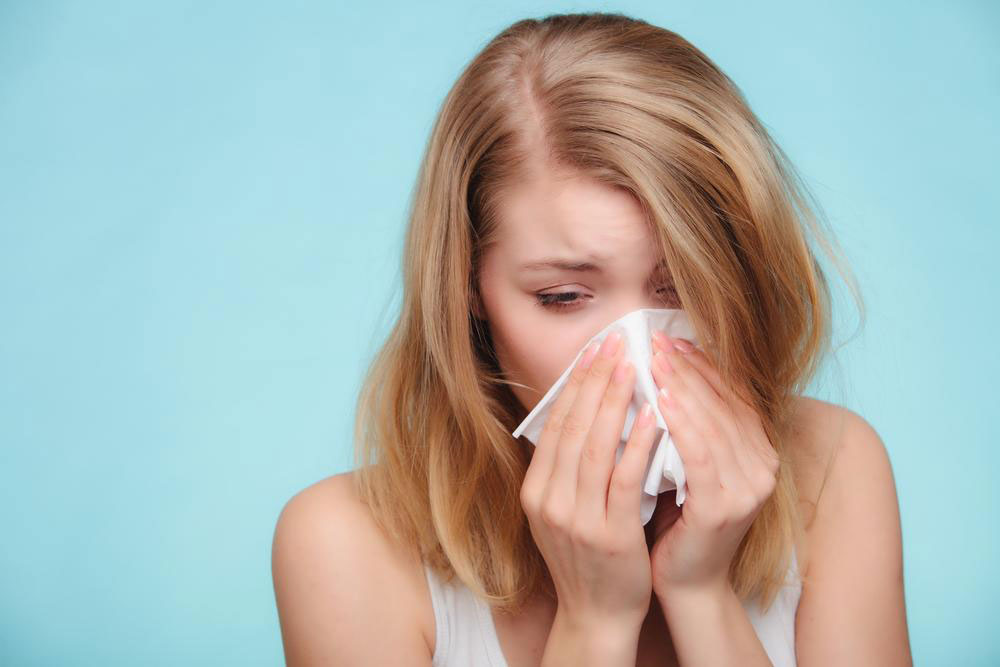Understanding Ringworm: Transmission, Symptoms, and Prevention Tips
Discover essential insights into ringworm, including how it spreads, symptoms to watch for, and effective prevention and treatment methods. Learn how to protect yourself and loved ones from this common fungal infection through proper hygiene and early medical intervention.
Sponsored

Ringworm is a common fungal infection characterized by a circular rash on the skin. The fungus resides on contaminated surfaces such as bedding, towels, clothing, and even skin contact. It affects more than 20% of the global population, with children being particularly susceptible, though all ages can contract it.
How It Spreads
Ringworm results from fungi that feed on the outer skin layers. Transmission occurs through:
Direct skin contact with infected individuals.
Contact with contaminated surfaces or objects.
Interaction with infected animals, especially via grooming.
Touching contaminated soil.
Risk Factors
Certain conditions increase the likelihood of developing ringworm, such as:
Wearing tight or restrictive clothing.
Having a weakened immune system.
Living in warm, humid climates.
Participating in contact sports.
Sharing personal items like towels, clothes, and bedding.
Signs and Symptoms
Watch for symptoms like:
Itchy skin patches.
Ring-shaped redness and swelling.
Overlapping ring structures.
Scaly, circular spots on the arms, legs, trunk, or buttocks.
Diagnosis and Treatment
Doctors typically diagnose ringworm by examining affected skin and possibly conducting a skin scraping analysis or fungal culture. Medical history regarding symptoms, family or pet infections, and medications is also considered.
Treatment varies based on location and severity. Over-the-counter antifungal creams or powders are effective for mild cases, while more persistent infections may require prescribed oral antifungals. Proper application and adherence to instructions are crucial for success.
For scalp infections causing hair loss or dandruff, antifungal shampoos or prescribed oral medication may be necessary. Consulting a healthcare professional ensures accurate diagnosis and effective treatment plans.
Important Advisory
Using steroid creams without medical consultation can worsen ringworm infections. Always seek professional advice before applying topical steroids.
Prevention Strategies
Preventive measures include:
Practicing good hygiene regularly.
Avoiding sharing personal items such as towels and clothes.
Keeping bedding clean and dry.
Changing socks and undergarments daily.
Wearing protective footwear in public showers and pools.
Educating others about infection risks, especially children.
Keeping these practices in mind can help reduce the risk of contracting or spreading ringworm.





